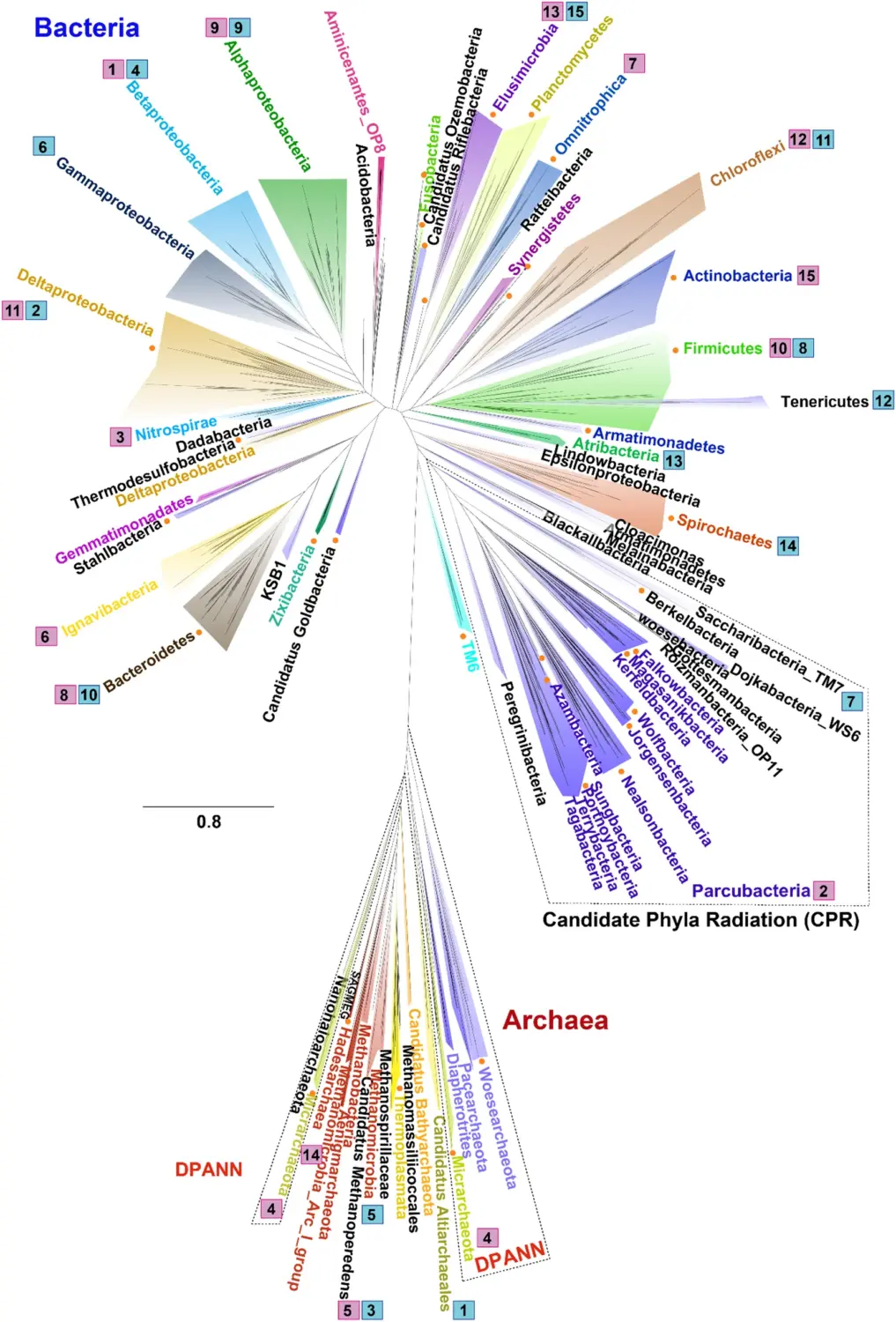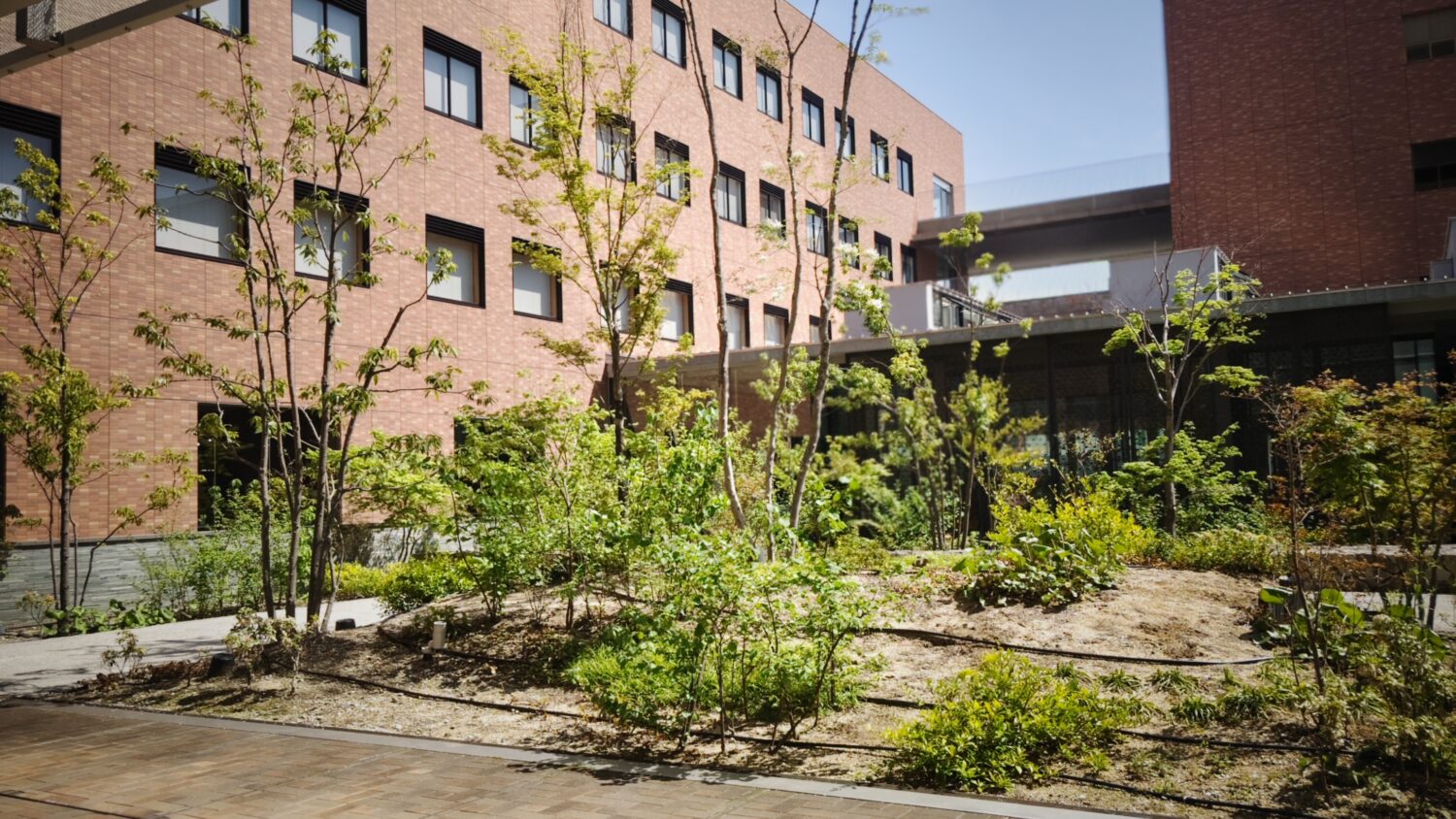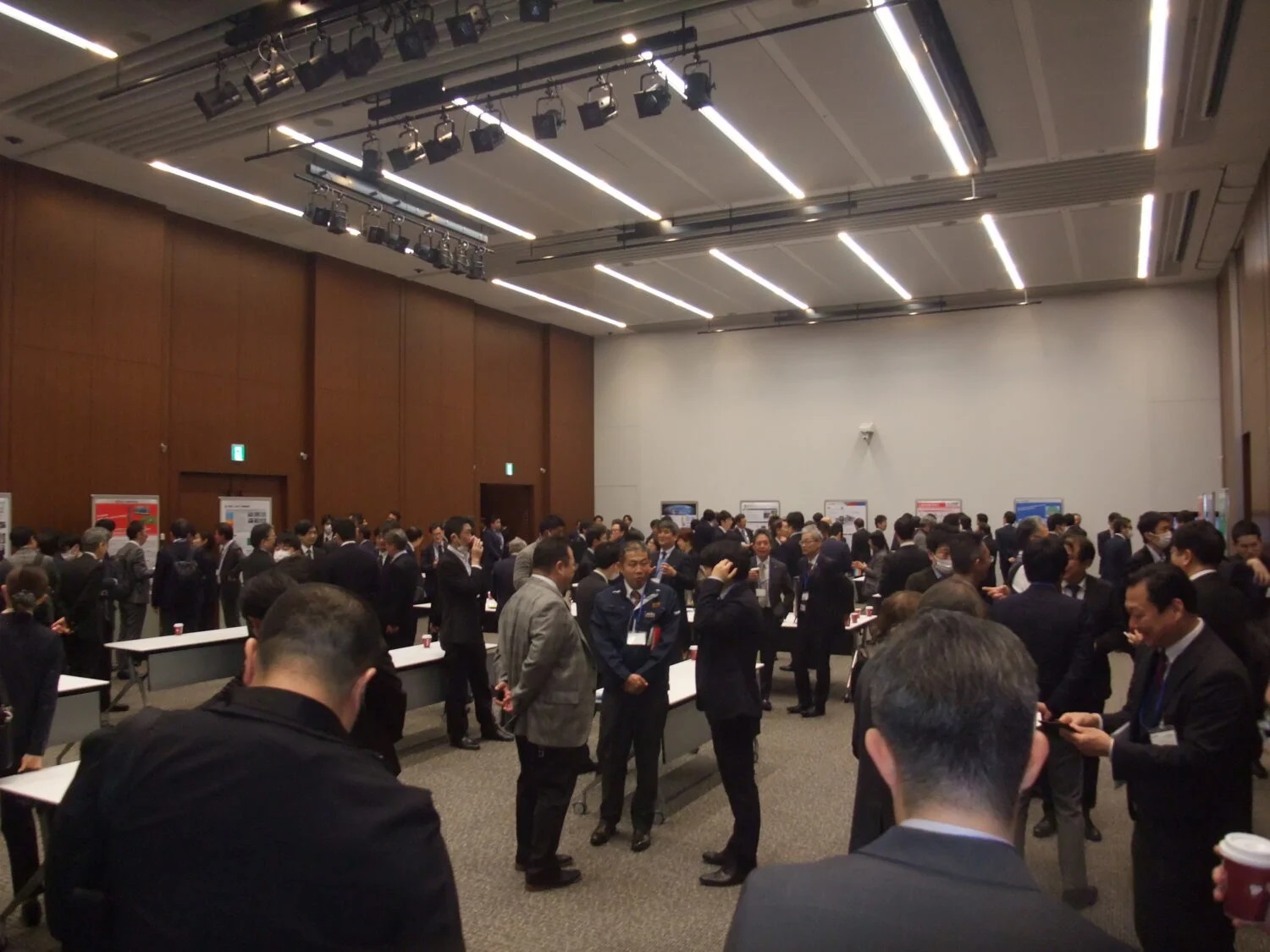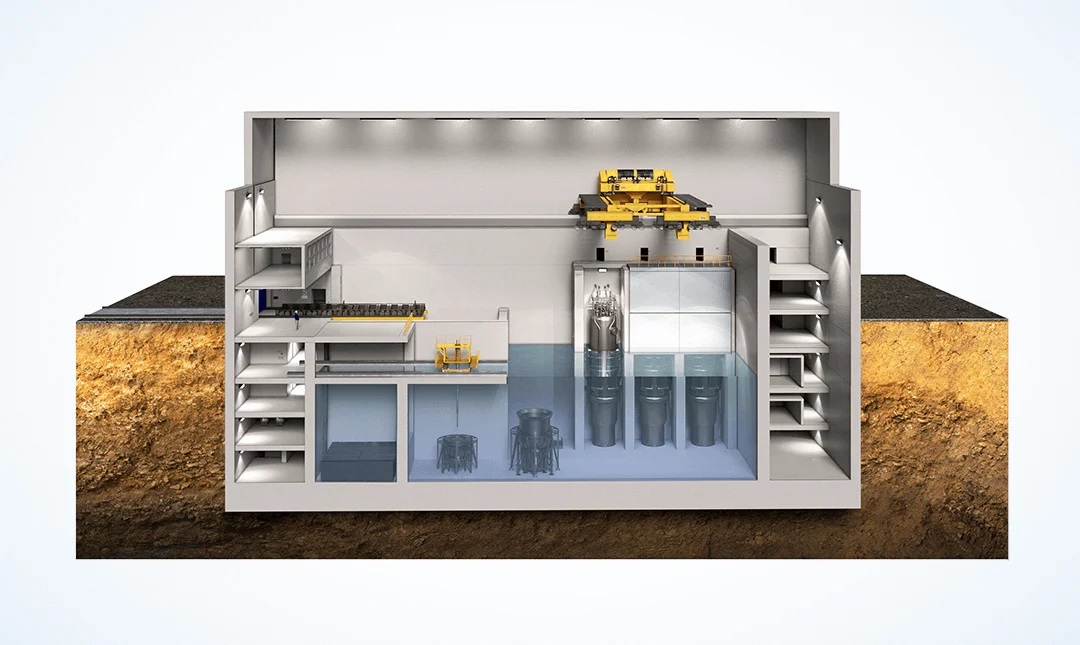The purpose of the Mutsu Interim Storage Facility is to safely store and manage nuclear spent fuel from nuclear power plants of the Tokyo Electric Power Co. (TEPCO) and the Japan Atomic Power Company (JAPC). Storage will be for up to 50 years (according to facilities to be installed gradually, and casks), until the spent fuel is reprocessed.
Promoting the nuclear fuel cycle for the effective use of fuel is a basic component of Japan’s energy policy: namely, the reprocessing of spent fuel and the fabrication of the recovered plutonium into mixed uranium-plutonium oxide (MOX) fuel.
In the latter half of the 1990s, measures for spent fuel storage were discussed in Japan at the prime minister’s level in anticipation of increasing storage volumes on a long-term basis. At the time, a report stated, in regard to off-site storage (i.e., storage not on NPP premises), that, “in order to start operation with certainty by 2010, the national government and power companies will have to immediately develop required systems, ensure locations, etc.”
In 2000, the specific project took shape when TEPCO received a request from Mutsu City for technical studies toward locating the facility. In 2003, the city asked TEPCO’s then-President KATSUMATA Tsunehisa (who passed away last month) to locate the facility there.
Thereafter, construction started and made progress, but the effort stagnated n 2011 following the giant earthquake of March 11 (known officially here as the Great East Japan Earthquake). In January 2014, after the NRA had been established and new regulatory standards had come into effect, RFS, based on the requirements of the new standards, filed an application with the NRA for permission to change its business. The NRA granted permission in November 2020 after examinations were made.
In August 2024, RFS and the operators concluded safety agreements with Aomori Prefecture and Mutsu City involving the Mutsu Interim Storage Facility. On September 26, a cask containing spent fuel was delivered from TEPCO’s Kashiwazaki Kariwa NPPs. Following the start of operations, two casks are set to be delivered in FY25 (April 2025 to March 2026), and five in FY26 (April 2026 to March 2027).
RFS released a comment in which it said that it would make safety its top priority and would operate the facility with transparency and in line with local demands.
Expressing its gratitude to the local people for their understanding and cooperation during investigations launched in 2000, TEPCO said that the facility would “give flexibility to the entire cycle and contribute to medium and long-term energy security.” It stressed the significance of the facility and its continuing support for RFS.






-1.png)





